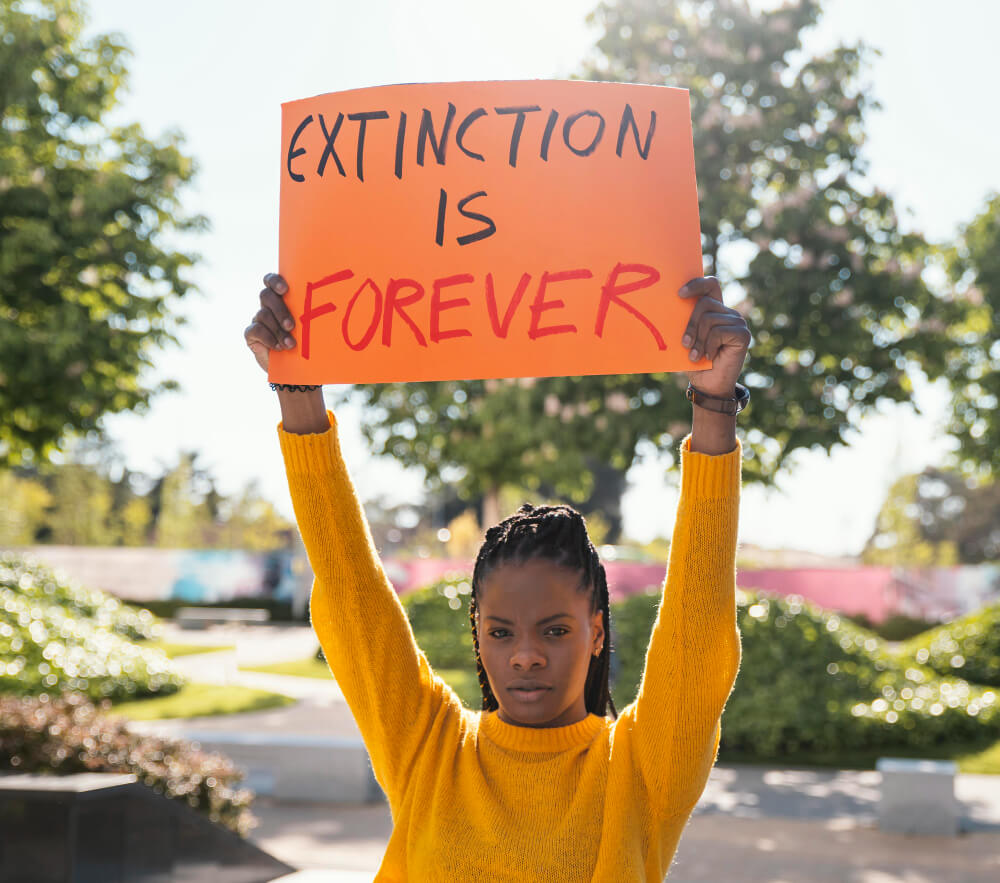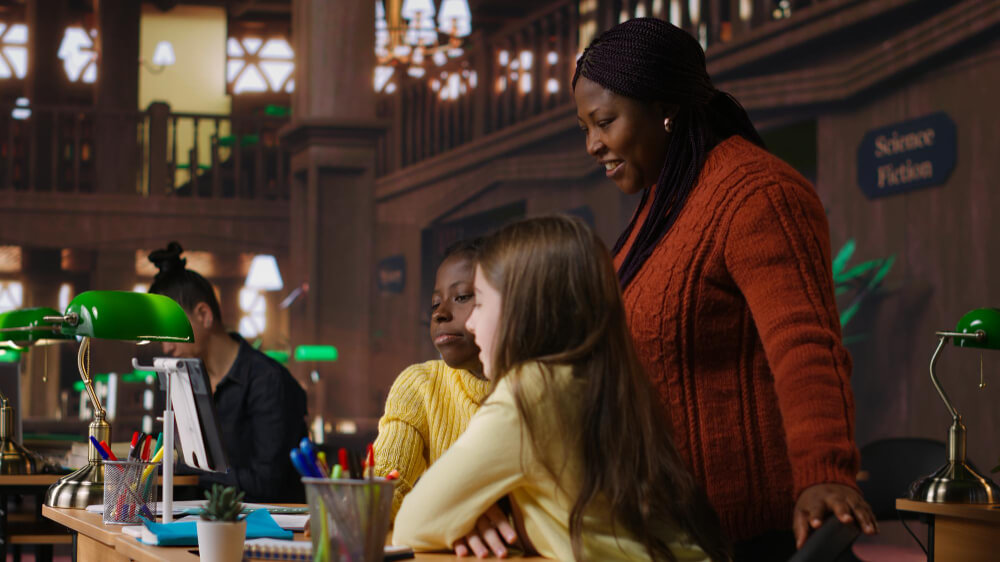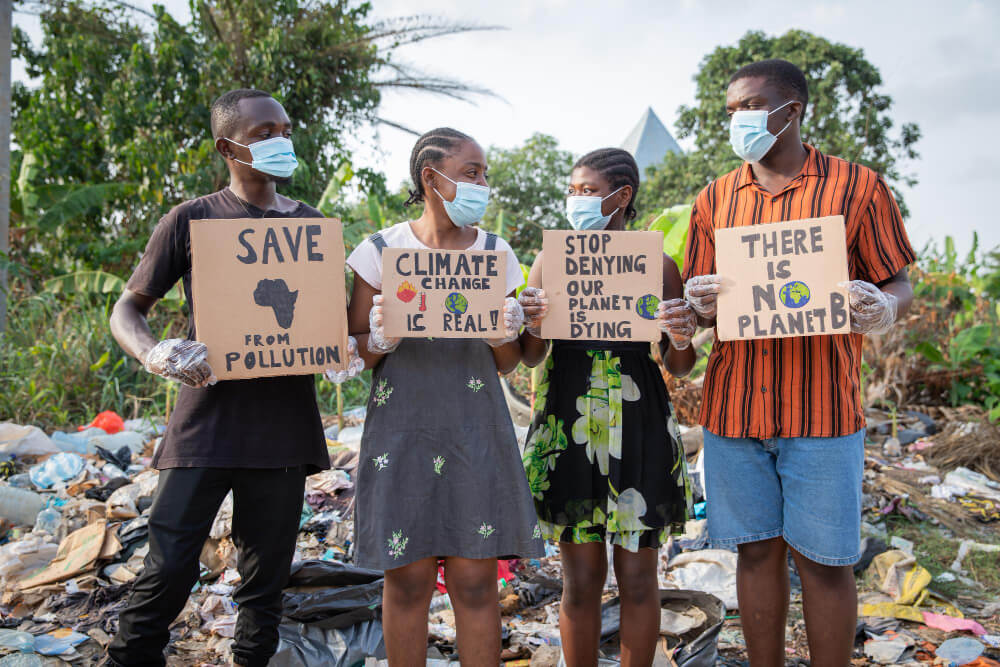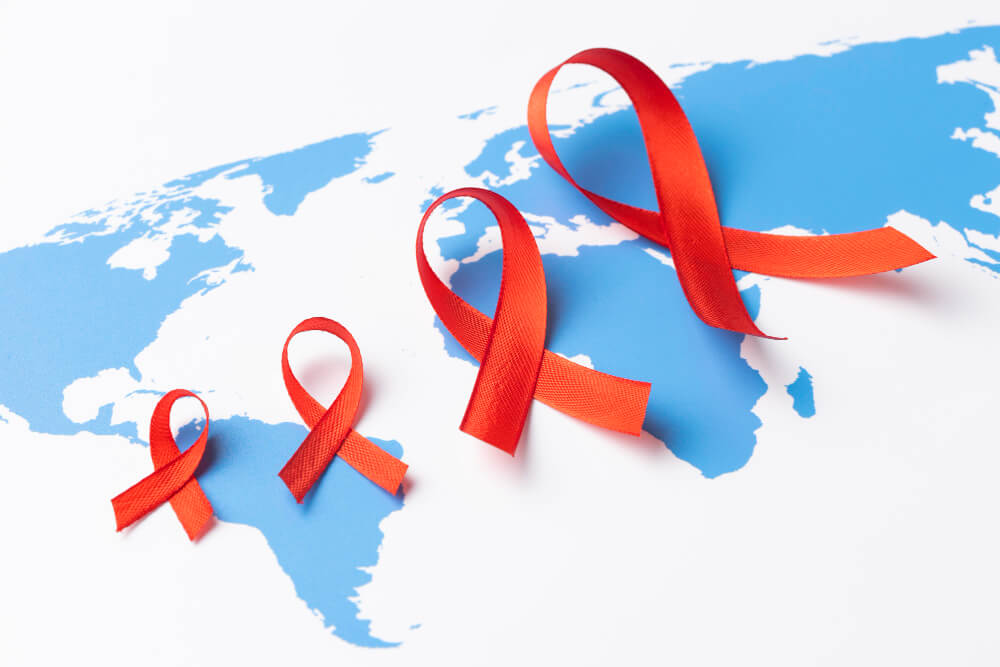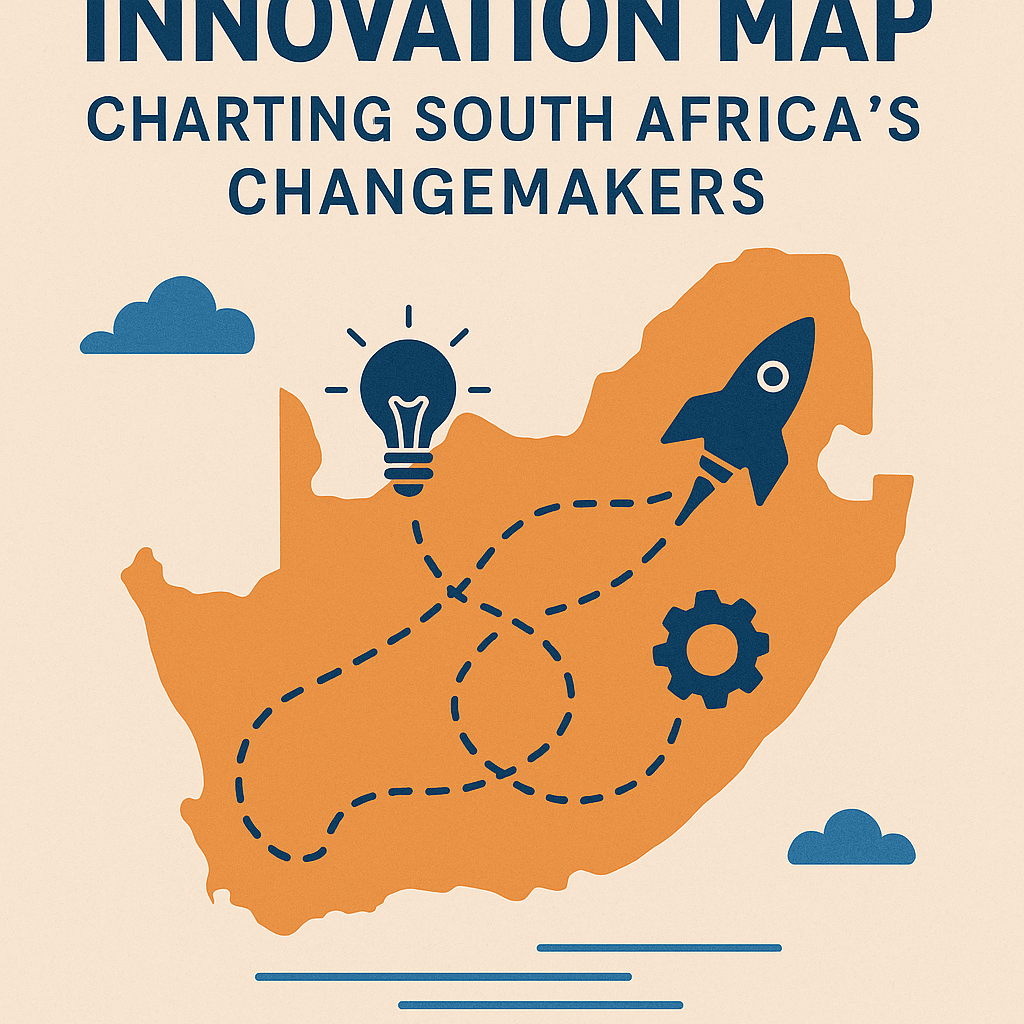Freedom doesn’t begin at the ballot box, and it doesn’t end with a constitution. It begins in the body—being safe in your skin, on your land, in your voice. It begins with dignity. The kind of dignity that doesn’t vanish when the sun sets over a township or when a passport is questioned at the border.
South Africa’s human rights journey is both celebrated and unfinished. It is the story of a nation built on resistance, yet still fighting for equality. It is about the rights on paper—and the reality on the ground.
The Constitution Promised More
In 1996, South Africa gave the world one of the most progressive constitutions ever written—one that didn’t just protect freedom of speech and assembly but also economic and social rights: housing, healthcare, education, water.
It was meant to correct the brutal distortions of apartheid. To build something new, not just tear down the old.
But nearly three decades later, for many, the promise feels incomplete.
- People still sleep in informal settlements without clean water or electricity.
- Some still walk miles to reach a clinic.
- Others wait years to reclaim land taken generations ago.
- And those behind bars—many awaiting trial—are often treated as if rights do not apply behind walls.
So the struggle continues—not for new laws, but for the realization of rights already guaranteed.
Land Is Not Just Property
Land isn’t just soil. It’s history. Memory. Identity. For many Black South Africans, land was stripped not only from their families, but from their names. Entire communities were erased to make room for “development,” plantations, or mining contracts.
Though the state has tried to return land, the process has been slow, underfunded, and entangled in red tape. Often, rural communities wait years, only to be told the land has been resold or that “documentation is missing.”
But movements like Abahlali baseMjondolo and Land Access Movement of South Africa are pushing back—demanding land justice as a core human right, not a negotiable resource.
Prison Reform: Beyond Punishment
In South Africa, it’s not rare for people to spend years in overcrowded prisons waiting for trial. Some will be proven innocent. Others are young offenders who needed guidance, not lifelong criminalization.
Correctional facilities often fail to rehabilitate. Overcrowding, abuse, mental health neglect, and limited access to legal aid make justice feel like a privilege.
Reformers and NGOs are now working to shift the model—from punitive to restorative:
- Community sentencing alternatives for youth.
- Legal support programs inside prisons.
- Reintegration initiatives that help released inmates find work, housing, and healing.
Human rights don’t disappear with a prison sentence. The fight is to make sure our justice system remembers that.
Refugees and Statelessness: Borders of Belonging
South Africa has long been a refuge—particularly for people fleeing war, persecution, or economic collapse from neighboring countries. But refugees and asylum seekers often face xenophobia, legal limbo, and economic exclusion.
Long waits for documentation. Frequent raids. Language barriers in clinics. Fear of deportation. For many, daily life feels like a quiet erasure.
Still, organizations like Scalabrini Centre, Lawyers for Human Rights, and Refugee Social Services are fighting for visibility, legal support, and fair treatment. Because refugee status is not a crime. Survival is not a privilege.
Gender, Disability, and Queer Rights: The Intersectional Struggle
Human rights are indivisible. But many in South Africa experience layered injustice.
- Women still face domestic violence at staggering rates.
- Disabled individuals face physical and social barriers that isolate them from education, employment, and healthcare.
- LGBTQ+ individuals, especially in rural areas, often face violence, forced eviction, and workplace discrimination.
Laws exist. Protections are written. But enforcement? Education? Cultural shifts? These still lag behind.
That’s why intersectional activism matters—why human rights work must recognize how multiple identities collide to shape lived experiences.
Grassroots Movements Are the Engine
The most powerful shifts rarely start in boardrooms or courtrooms. They begin in small rooms with plastic chairs. In protests organized through WhatsApp. In families that choose to report abuse, rather than stay silent.
South Africa’s grassroots movements are its backbone:
- Shack dwellers organizing housing rights.
- Youth groups fighting period poverty in schools.
- Street lawyers offering free legal aid.
- Community media giving voice to the voiceless.
These are the unsung heroes. They don’t wear suits. They rarely make headlines. But they push the country forward.
The Right to Be Human
Human rights aren’t a checklist. They’re a way of seeing people—not as problems to be managed, but as lives to be valued.
They’re about a street vendor knowing she won’t be harassed.
They’re about a queer teen knowing he won’t be attacked for existing.
They’re about a domestic worker knowing her voice matters.
In South Africa, human rights are not abstract. They are urgently real. And when upheld, they don’t just protect the vulnerable. They lift the entire society.
There’s Still a Road to Walk
South Africa has come far. But real freedom means:
- Making justice accessible—not just symbolic.
- Centering the poor, the rural, the displaced.
- Listening, not just legislating.
- Creating a nation where dignity doesn’t depend on zip code, surname, or status.
And so the journey goes on.
Each protest, policy change, and act of courage adds to the slow rebuilding of a nation that is still learning how to keep the promises it made.

